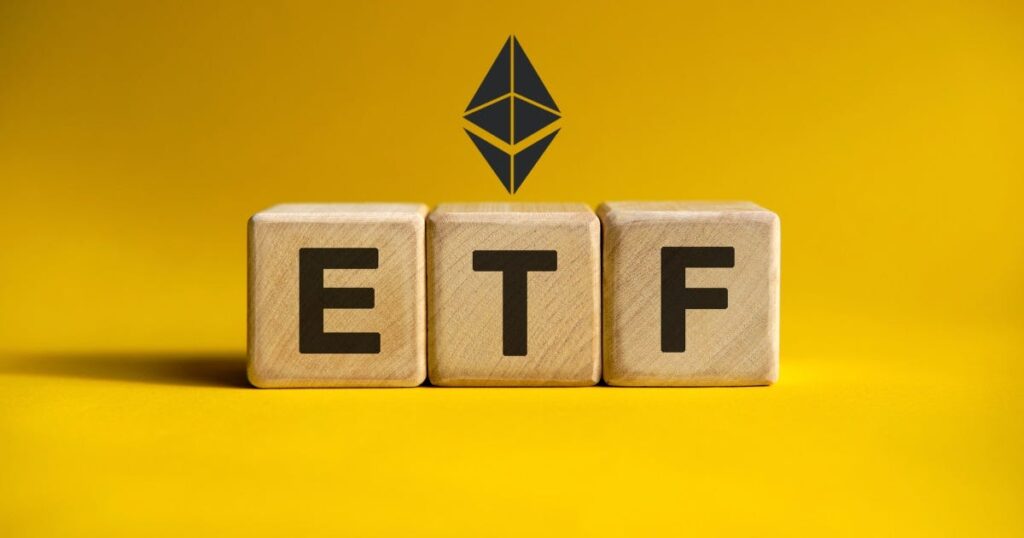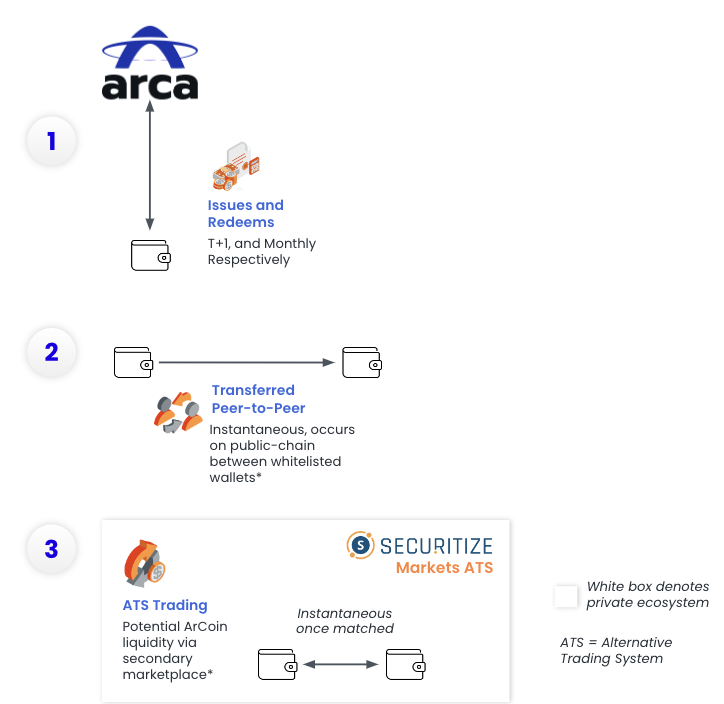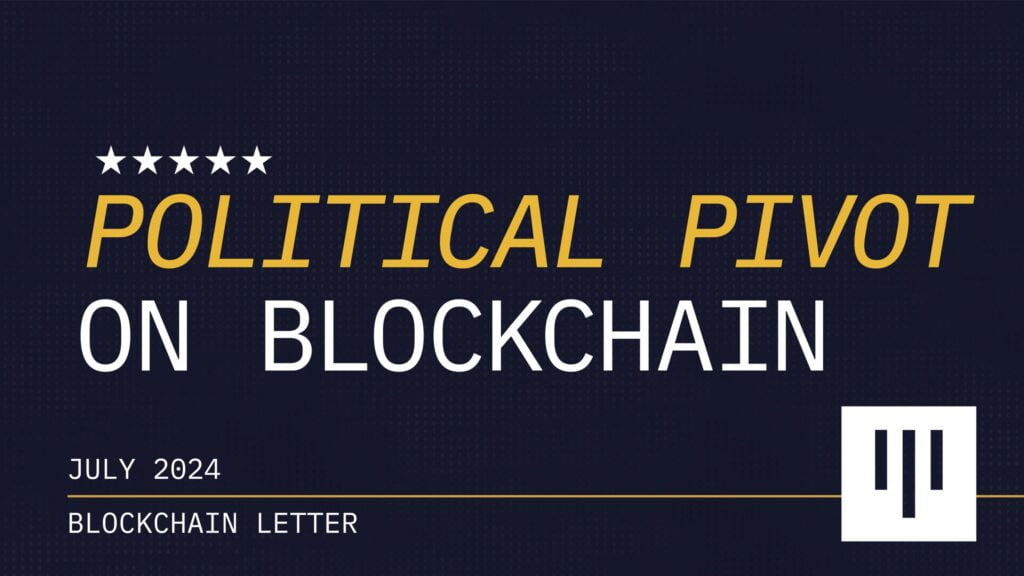Podcast Summary
This podcast episode delves into the concept of enshrining in the crypto space, particularly in Ethereum, and its potential implications. The hosts discuss the pros and cons of enshrining, the role of regulation in ensuring good user experience, and the potential trade-off between enshrining and encouraging third-party innovation. They also explore the concept of nationalization and regulation in the financial system, the challenges of implementing token governance in Ethereum, and the importance of finding a practical solution at the protocol level. The episode also touches on building apps for the Ethereum ecosystem, the complexity of using blockchain products, and the potential merger of Stride and the Cosmos Hub.
Key Takeaways
Enshrining in the Crypto Space
- Concept of Enshrining: The hosts discuss the concept of enshrining, which refers to the act of putting things within the protocol, similar to the Unix philosophy. They present two different perspectives on enshrining: treating Ethereum like a government and selectively regulating or nationalizing certain areas for the greater health of the ecosystem, or treating Ethereum like an operating system and bundling first-party apps to protect users and deter competition.
- Pros and Cons: The hosts weigh the pros and cons of enshrining, including the potential impact on attracting future entrepreneurs and the value proposition of credible neutrality. They also discuss the potential trade-off between enshrining and encouraging third-party innovation.
Regulation and Nationalization in the Financial System
- Regulation and Governance: The hosts explore the idea of elegant regulation that doesn’t require constant governance, drawing a distinction between regulation with utilities and applications like Microsoft Office. They also discuss the potential implications of what aspects should be directly controlled by Ethereum for the ecosystem.
- Token Governance Challenges: The challenges of implementing token governance in Ethereum are acknowledged, with delegated proof of stake being seen as a more viable option. The need to consider the downstream implications of introducing new governance mechanisms and potential trade-offs is emphasized.
Building Apps for the Ethereum Ecosystem
- Target Market: The hosts discuss the target market of people who own ETH and want to use it for various purposes. They mention the potential benefits of using ETH as the main currency in apps, including the ease of payments and the lack of restrictions compared to traditional payment methods.
- Focus on Crypto Natives: The challenge of balancing the focus on the mass market versus building for crypto natives is mentioned, with the risk of building for nobody if the mass market is prioritized too early. The loyalty and stickiness of crypto native users are acknowledged, with the potential for brand and in-platform stablecoins to enhance user retention.
Issuance and Its Impact on the Network
- Issuance as a Cost: The speaker sees Ethereum as a marketplace for block space, with applications demanding block space and operators supplying it. The revenue for the network comes from people paying to consume block space, while the cost is issuance. The impact of issuance on the price of Ethereum is discussed, with more issuance potentially decreasing the price if it outpaces revenue.
- Balance in Issuance: The speaker emphasizes the need for balance in issuance and warns against setting it at the bare minimum, as it could harm the longtail of validators and centralize the network.
Potential Merger of Stride and the Cosmos Hub
- Rationale Behind the Merger: The rationale behind the potential merger of Stride and the Cosmos Hub is to address governance risks and increase the market cap and value of both Stride and the Hub. The Hub sees the merger as an opportunity to have a revenue driver and a real business associated with it.
- Valuations and Deal Structuring: The valuations and deal structuring for the merger are complex due to the unique nature of the crypto space and the open-source nature of the projects. The discussion touches on the importance of talent and brand as moats for Stride.
Sentiment Analysis
- Bullish: The hosts express a bullish sentiment towards Ethereum, highlighting its potential as an operating system and a platform for building applications. They also discuss the potential benefits of enshrining and the importance of good user experience. The hosts also express optimism about the Cosmos ecosystem, despite acknowledging its distribution problem.
- Bearish: The hosts express concerns about the potential trade-off between enshrining and encouraging third-party innovation in Ethereum. They also raise concerns about the concentration of power and potential price manipulation in a system like Lido. The hosts also express concerns about the potential dilution of Atom and the impact on attracting new networks in the potential merger of Stride and the Cosmos Hub.
- Neutral: The hosts maintain a neutral stance on certain topics, such as the potential implications of what aspects should be directly controlled by Ethereum for the ecosystem and the balance between product development and distribution in building successful ecosystems.














